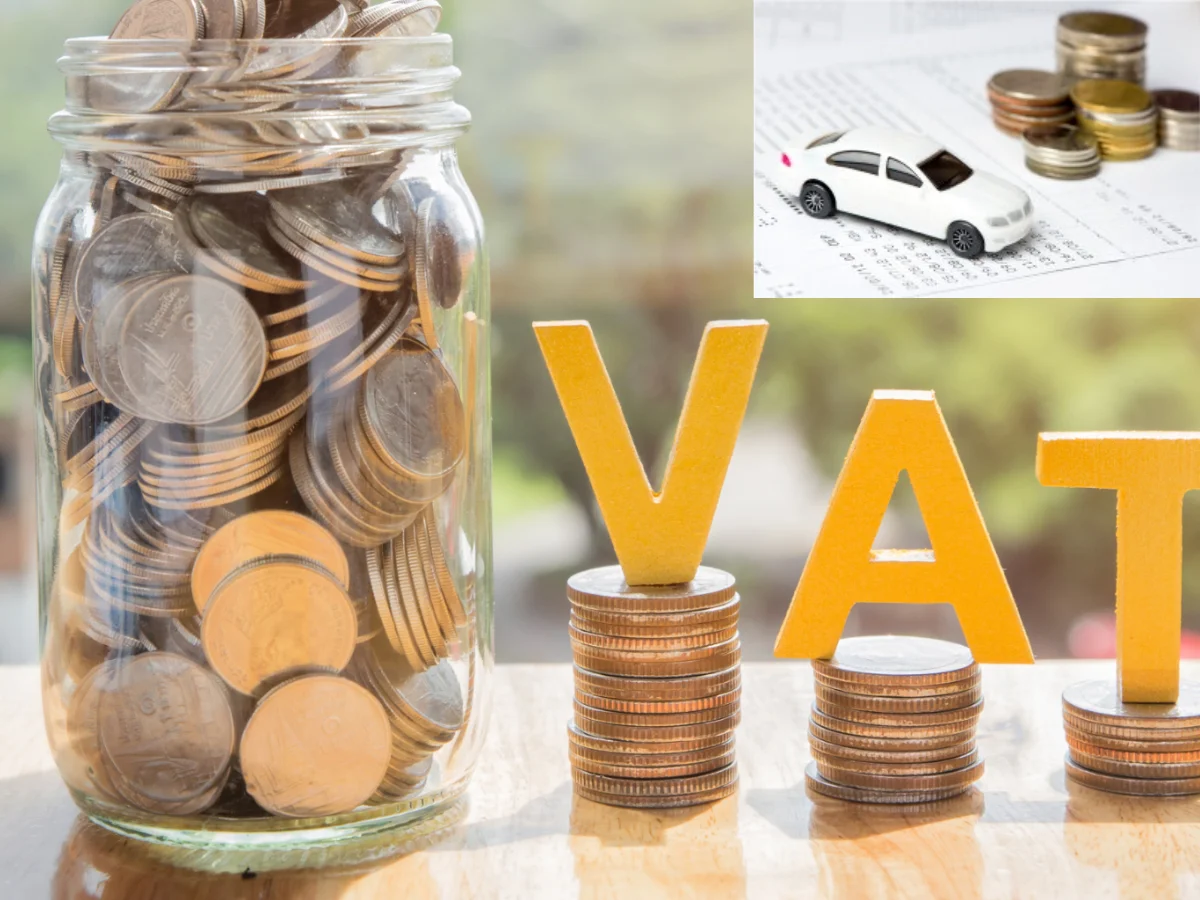If you’re considering leasing a car for your business, understanding Value Added Tax (VAT) and how much you can claim back is essential. VAT rules for leased vehicles can be complex, but they can also provide significant cost savings for your company. In this comprehensive guide, we’ll break down everything you need to know about claiming VAT on a lease car.
1. VAT and Lease Cars
Leasing a car for your business can be a tax-efficient way to manage your company’s transportation needs. VAT plays a crucial role in this process, as it affects how much you can claim back on your leased vehicle.
2. Understanding VAT Basics
Before delving into VAT on lease cars, it’s essential to have a fundamental understanding of VAT. We’ll explain VAT concepts and how they apply to business expenses.
3. VAT on Business Leased Vehicles
Learn about the specific rules and regulations governing VAT on business-leased vehicles. We’ll discuss different types of leases and their VAT implications.
4. How to Calculate VAT on Lease Cars
Calculating VAT on a leased car isn’t always straightforward. We’ll provide step-by-step guidance on how to determine the VAT you can claim back.
5. Conditions for Claiming VAT
Not all businesses can claim back the same amount of VAT on leased vehicles. Discover the conditions and criteria that must be met to make a valid claim.
6. Record-Keeping and Documentation
Proper record-keeping and documentation are essential when dealing with VAT on lease cars. We’ll outline what records you should maintain and why they are crucial.
7. Common FAQs About VAT on Lease Cars
1. Can I claim back 100% of the VAT on a leased car?
In most cases, you can’t claim back 100% of the VAT on a leased car. The percentage you can claim depends on various factors, including the car’s CO2 emissions and its usage.
2. What happens if I use the leased car for both business and personal purposes?
If you use the car for both business and personal purposes, you can typically only claim back the VAT related to its business use. Proper documentation of mileage and usage is essential.
3. Are there VAT schemes that benefit small businesses leasing cars?
Yes, there are VAT schemes designed to help small businesses reduce their VAT liabilities when leasing cars. We’ll explain these schemes in detail.
4. Can I claim VAT on fuel for my leased car?
Yes, you can claim VAT on fuel for your leased car, but the amount you can claim may be limited, and you’ll need to separate business and personal fuel usage.
5. What happens if I exceed the mileage limit on my lease agreement?
Exceeding the mileage limit on your lease agreement can have VAT implications. We’ll discuss what you need to know if you find yourself in this situation.
8. Conclusion
Leasing a car for your business can be a smart financial move, but understanding the ins and outs of VAT on lease cars is crucial to maximizing your tax benefits. By following the guidelines outlined in this comprehensive guide, you can navigate the complexities of VAT on lease cars with confidence, potentially saving your business money and ensuring compliance with tax regulations.
Read more: https://lookupin.co.uk/
More related:
Africa’s Most Common Carnivores: Exploring the Wildlife Wonders
Unraveling the Mystery: Riddles About a Car
Car Camping Window Covers: Your Ultimate Guide
Decoding “TA” on Your Car Radio: Traffic Announcement Function Explained
Debunking the Myth: Is a Young Scot Card Valid ID?
Boom Car Insurance Review: Is It Worth Your Investment?
What Brake Pads Do I Need for a Carrera Vengeance: A Comprehensive Guide
